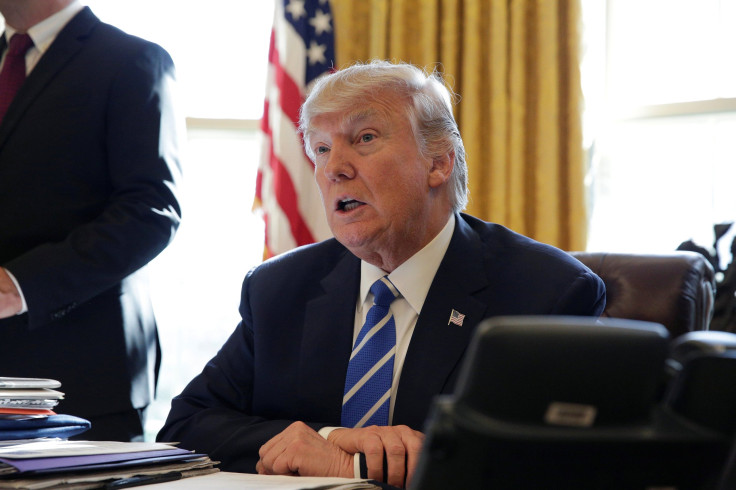Donald Trump travel ban: Temporary suspension upheld by US appeals court

A US federal appeals court ruled against Donald Trump’s travel ban on Thursday. As part of the temporary suspension, people from seven Muslim-majority countries were denied entry to the United States.
The decision, made by the 9th US Circuit Court of Appeals, came on the heels of a challenge filed by the states of Washington and Minnesota. According to the court, no substantial evidence was presented by the government to back the need of imposing a travel ban.
The controversial travel ban came after Trump signed an executive order on Jan. 27. The order denied citizens from seven countries – Iran, Iraq, Libya, Somalia, Sudan, Syria and Yemen – entry into the US for 90 days. Additionally, the order also called for not allowing entry to all refugees for 120 days. Citizens from Syria were banned indefinitely.
In a hearing on Tuesday, the government was asked to present evidence highlighting why there was a pressing need to impose a travel ban. The government can take the appeal to the Supreme Court, which can decide whether the travel ban is legally valid. The ruling from the 9th Circuit does not resolve the lawsuit.
“To rule on the government’s motion, we must consider several factors, including whether the government has shown that it is likely to succeed on the merits of its appeal, the degree of hardship caused by a stay or its denial, and the public interest in granting or denying a stay,” the court order stated. “We assess those factors in light of the limited evidence put forward by both parties at this very preliminary stage and are mindful that our analysis of the hardships and public interest in this case involves particularly sensitive and weighty concerns on both sides.”
The panel that upheld the suspension on Trump’s travel ban consisted of three judges. Two of them were appointed by former Presidents Jimmy Carter and Barack Obama and another judge was appointed by former President George W Bush.
“It's a political decision," Trump said, speaking with reporters. “This is just a decision that came down, but we're going to win the case.”
The administration argued the court did not have authority to assess an executive order signed by the president. “There is no precedent to support this claimed unreviewability, which runs contrary to the fundamental structure of our constitutional democracy,” the court said. “Rather than present evidence to explain the need for the executive order, the government has taken the position that we must not review its decision at all. We disagree, as explained above.”
Trump’s travel ban has seen support and opposition alike. On one hand, critics have challenged the value of the ban as a security measure. On the other, national security veterans and officials from law enforcement have shown support towards the temporary suspension.






